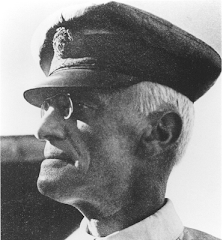Book collectors and literature history enthusiasts or anyone who has spent time browsing the shelves of secondhand and antiquarian bookshops may have often picked up a book and wondered about the story behind the book held in their hands, or the author of this once popular publication. So many names who were once a topic of playground talk from an age when reading was more popular than the latest computer games or celebrity Facebook, but whose names in this age of the internet are now all but forgotten However, help is now at hand, because earlier this year children’s literature academic Dennis Butts published a series of fascinating essays exploring some of these lost children’s authors and publishers. Dennis Butts is a former chairman of the Children’s Books History Society and taught children’s literature at Reading University. He has a life-long interest in the relationship between politics, society and literature and has written on many aspects of children’s books.
His new book, The Vagaries of Fame: Some Successes and Failures in Children’s Literature is available exclusively through Amazon, as a print on demand paperback publication and now as a downloadable Kindle book. In an age where writers such as J.K. Rowling and the Harry Potter series have achieved global fame, The Vagaries of Fame examines more closely the lives and works authors including Gillian Avery, William Mayne, Percy F. Westerman, Dr William Gordon Stables and F. W. Farrar. Farrar’s school-story Eric, or Little by Little first published in 1858, became enormously popular, selling thousands of copies, and reaching a 43rd edition by 1919, but today it is almost forgotten; lost to the dusty corners of a few secondhand bookshops, but still valued by some collectors.
In this book Dennis takes each of the authors, discusses their popularity at the time and suggests reasons why they may have fallen from grace. He also explores the rise and fall of the birth of the technological age at the BBC and their groundbreaking ‘Children’s Hour’ programmes and takes a look at some of the once popular publishing houses that have since been lost in the mists of time.
A recent review in The Children’s Books History Society Newsletter said ‘Dennis Butts wears his knowledge lightly and presents his subjects and his opinions with a refreshing energy...’ and Nigel Gossop from the Westerman Yarns Collection said ‘This is such a useful and immensely readable and informative book; a great reference source and a wonderful gift for anyone with an interest in collecting or learning more about children’s literature.’
Search for The Vagaries of Fame by Dennis Butts on Amazon.








